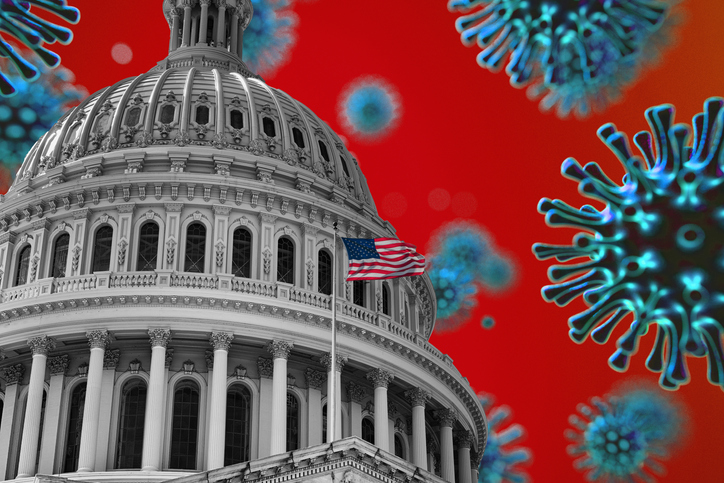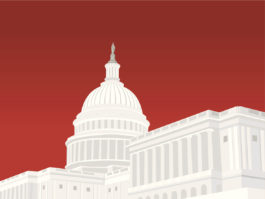On March 11, 2021, President Biden signed the American Rescue Plan Act of 2021 (ARP) into law.
“This legislation is about giving the backbone of this nation – the essential workers, the working people who built this country, the people who keep this country going – a fighting chance,” said President Biden.
Despite the Senate’s rejection of the original bill passed by the House on February 27th, Congress managed to turn the $1.9 trillion coronavirus relief bill around in time to be enacted a few days before the March 14th deadline set by lawmakers. The House approved the ARP on March 10th by a 220-211 vote, following the Senate’s approval last Saturday by a 50-49 vote.
In general, the ARP upholds most provisions proposed in the original House bill. Among their other amendments, the Senate removed the provision to raise the federal minimum wage to $15 per hour and narrowed the adjusted gross income (AGI) limits for recovery rebate credit eligibility.
Here’s a look at some of the key relief measures in the ARP and related considerations for business taxpayers.
Paycheck Protection Program (PPP) – The ARP infuses $7.25 billion in new funds into the PPP. The program is still set to end at the end of March. The legislation expands eligibility to include more nonprofit organizations. Borrowers of a first or second draw PPP loan after Dec. 27, 2020, may now also receive a Shuttered Venue Operators Grant (SVOG).
Employee Retention Credit (ERC) – The ARP extends the ERC through the end of 2021 and allows employers to use the ERC against the Sec. 3111(b) Medicare tax after June 30, 2021.
Family and Sick Leave Credits – The ARP extends the credits for sick and family leave originally enacted by the Families First Coronavirus Response Act (FFCRA) to September 30, 2021, and increases the limit on the credit for paid family leave to $12,000 effective March 31, 2021. Paid leave credits will be allowed for leave due to a COVID-19 vaccination or recovery from the same. The ARP makes credits applicable to hospital insurance (HI) tax.
Also effective March 31, 2021, the ARP resets the 10-day per-employee
limitation on claiming the credit. For self-employed taxpayers, the ARP increases the number of days the credit can be claimed to 60 days, retroactively effective after December 31, 2020.
Economic Injury Disaster Loan (EIDL) Grants – The ARP infuses the EIDL grant program with $10 billion to provide eligible small businesses in low-income communities with up to $10,000 in grants. Eligible businesses are those with 300 or fewer employees and a decline in gross receipts of 30% or more in a specified 8-week period. The legislation provides that targeted EIDL grants received from the SBA do not get included in gross income and that excluding these grants from gross income will not result in denial of deductions, a reduction in tax attributes, or denial of basis increase. According to the Small Business Administration (SBA) no application needs to be submitted for these grants. The SBA will contact businesses eligible to receive the additional funds.
The ARP also infuses the program with $5 billion to provide eligible businesses with 10 or fewer employees who had at least a 50% decline in gross receipts during a specified eight-week period with advances up to $5 thousand. These advances do not have to be repaid, even if your EIDL application is subsequently denied.
ARB will issue additional updates for our clients and community as this and other COVID-19-related legislation continue to unfold. If you have questions about this information, contact me today.
For more information on this topic and many other COVID-related matters, visit our COVID-19 Financial Resource and Tax Center.
by Bart Haag, CPA
Bart Haag joined ARB in 1996 and has been a principal with the firm since 2005. His career focus is primarily in providing financial accounting, income tax planning, and business advisory services for clients in the automotive and motorcycle dealership industries and for closely-held businesses, many of which are family owned.





